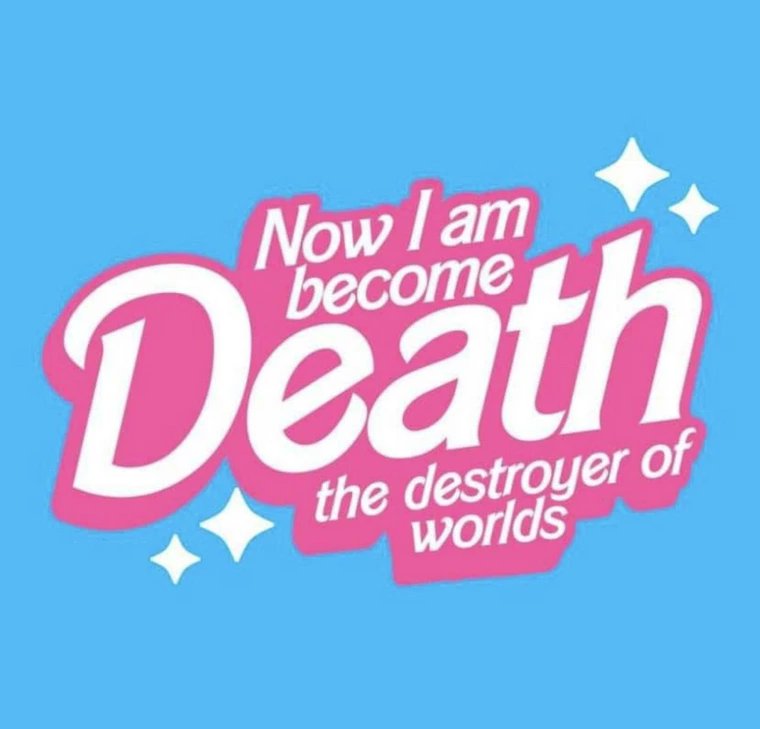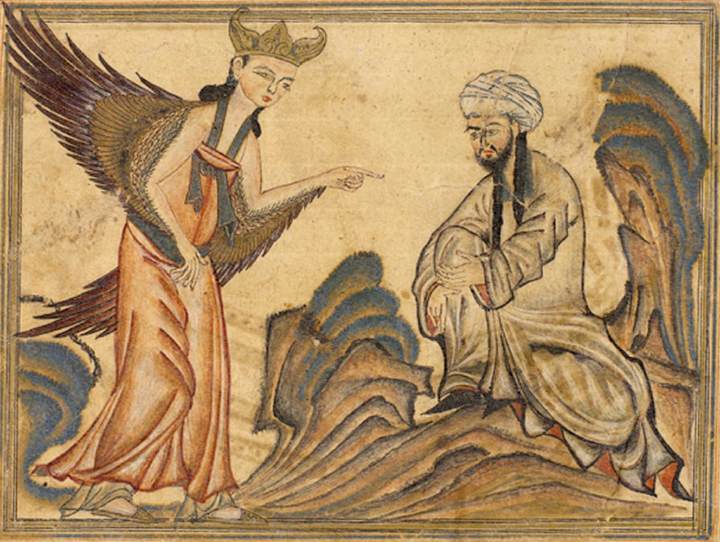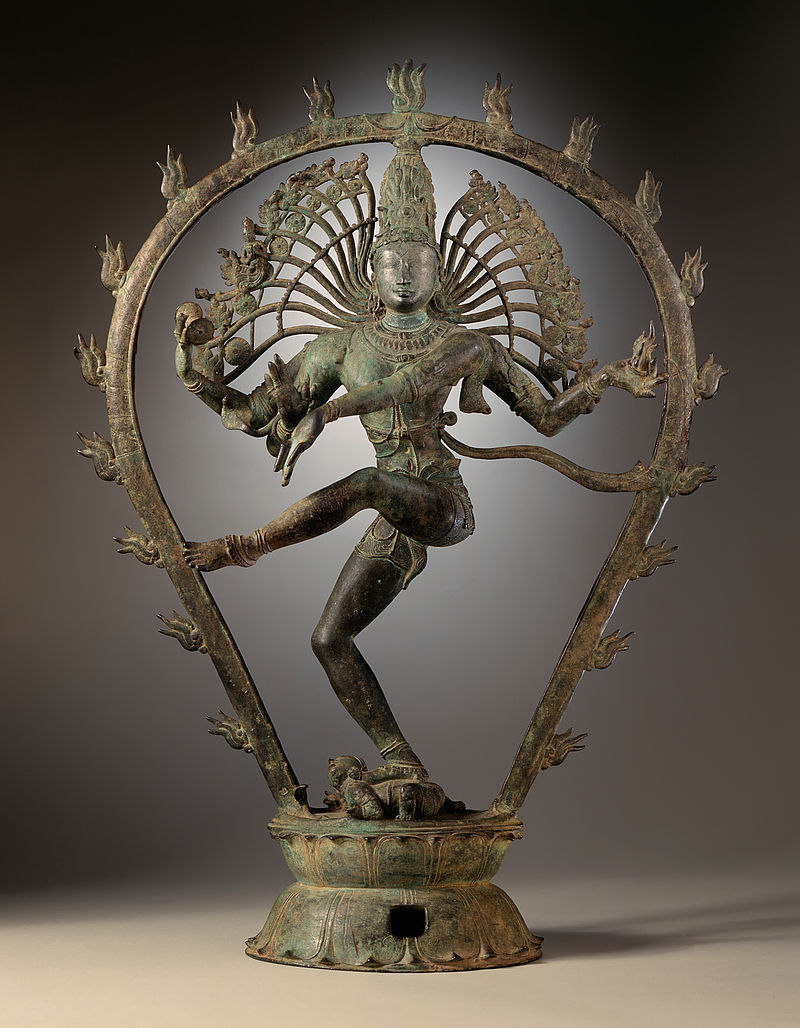Previously posted December 22, 2018
During the 1990´s and ever since, large groups of Somalis have migrated to the Western nations. In Sweden, Somalis are generally considered to be the group farthest away from Swedes culturally speaking. To be absolutely blunt, they don´t assimilate or even integrate very well. To take just one example, 80% of Somalis in Sweden don´t work (the figure includes the unemployed, children and elderly). In other words, they live on handouts from the Swedish welfare state. How can this situation be remedied? How can Somalis be made to integrate in Swedish society? This is the question Per Brinkemo´s book “Mellan stat och klan: Somalier i Sverige” seeks to address.
For several years, Brinkemo worked at Somalilandföreningen (the Somaliland Association) in Malmö, Sweden´s third largest city and the home of many immigrants. The association functions as a community and information center for Somali migrants, helping them navigate the Swedish system with the ultimate aim of integration (Somaliland is an internationally non-recognized breakaway republic in northern Somalia – it seems to have good relations with some Western interest groups). The main difference between Somalia and Sweden is that Somali society is clan-based and lacks a central state apparatus. Sweden, by contrast, is the most “statist” society in the world, and is actually quite extreme even by Western standards, with a peculiar combination of strong individualism and equally strong faith in the state and its structures. Both the individualism and the statism are alien to clan-based cultures in a very fundamental sense. A clash is more or less inevitable, a clash which obviously hinders integration or even meaningful dialogue.
Two other clan-related factors are important, too. Many of the Somali clans are nomadic, the nomadic lifestyle still being extolled as an austere ideal even by town-dwellers. Thus, most Somali migrants in Sweden have a cultural mentality very far removed from that of modern city people. Second, the only attempt to create a modern nation-state in Somalia was that of Communist military strongman Siad Barre (in power 1969-1991), who attempted to prohibit and suppress the clans at one swoop. This led to a brutal civil war, at which point Barre was forced to mobilize his own clans in the regime´s defense, thereby in effect proving his inability to transcend the clan divides. The war ended with Somalia breaking apart after Barre´s ouster in 1991. It has been a “failed state” ever since. Thus, the only concrete experience Somalis have of statism is an intensely repressive and negative one. Many are therefore suspicious of Swedish authorities and prefer to let their clans handle matters.
Brinkemo further points out that Somali culture is what he calls “a culture of survival”, as opposed to Swedish culture which he dubs “welfare culture” (here, “welfare” refers to a high standard of living and a general feeling that abundance is the natural state of affairs – the term can be misunderstood in American English!) In a culture of survival, authoritarian clans and a low degree of individual freedom is the norm. It also explains phenomena Swedes find downright baffling, such as the “unaccompanied minors” (child refugees). Somewhat ironically, it also explains why so many Somalis prefer to live on welfare payments rather than work – in a survival culture, you always expect the worst of tomorrow, which also means you don´t say no to a windfall profit today. As one Somali explained to Brinkemo: “Nomads don´t have to work when it´s raining. In Sweden, it´s raining every day” (raining as opposed to a drought – i.e. in Sweden abundance is mysteriously present all the time). Most of the welfare money is sent abroad to other clan members, including those still living in Somalia, explaining why most Somalis are relatively poor despite ample handouts.
Brinkemo points out that Islam has little or nothing to do with the cultural collision between Somalis and Swedish society, except in the obvious sense that most Somalis consider themselves to be Muslims. However, the Muslim prophet Muhammad opposed clans. Despite this, Muslim society is still intensely clannish, but so are Christian or pagan groups in territories which lack a strong state. Thus, the root of the problem (if you like to see it as such) isn´t “Islam” but rather the low standard of living in conjunction with weak states (or strong rapacious ones á la Barre). Thus, the obsession with all things Islamic simply misses the point in this case (and perhaps in many other cases too). Besides, Somali Islam is to a large extent Sufi in character, jihadists being a minority.
“Mellan klan och stat” is so objectively written that it almost sounds pro-Somali. While Brinkemo hasn´t “gone native”, he is quite understanding of many aspects of Somali culture. The clans may be authoritarian, but at least they keep their children or teenagers on a leash – in permissive Swedish schools, Somali students (and other immigrants) frequently go out of control. Clan-based justice is more efficient than the Swedish justice system, at least when dealing with crimes within the Somali community. Yes, Somalis have large families to feed, but so what? That´s a logical corollary of the clan system. “Unaccompanied minors” aren´t really abandoned (and not really children), and they can often get help from their respective clans in Sweden. Most Somalis are functionally illiterate, but this is no problem in Somalia, a land of great poets and talkative clan elders. The breakaway republic of Somaliland has a bi-cameral parliament, in which unelected clan elders form the senate – Brinkemo seems to think that this hybrid system is a good compromise under the circumstances.
The most controversial aspects of Somali culture are mentioned only in passing. In a book 165 pages long, only one paragraph deals with Female Genital Mutilation (which is particularly barbaric in Somalia). Somali welfare dependence is mentioned, but you have to look for it. The potentially explosive information that Somali unaccompanied refugee children *are neither children nor teenagers* (i.e. they are adults posing as minors) is mentioned in a short parenthesis! While Brinkemo wants to integrate Somalis into Swedish society, I think it´s obvious that we´re dealing with a kind of “integration at a snail´s pace”. Rather than leaving integration to the state with its bureaucrats and clueless social engineers, Brinkemo believes that civil society should take greater responsibility, including groups such as the Somaliland Association. His perspective seems to be a “right-wing liberal” form of multi-culturalism. The book is published by Timbro, a free market think-tank associated with the Swedish business community.
So how was this pro-Somali and anti-racist book greeted by the Swedish pundit establishment? Was Brinkemo hailed for his new insights into how to *really* solve the problems of integration in a modern Western nation?
Of course not. For the past six years, Brinkemo has been slandered as a “racist” on a semi-regular basis in the main stream media…
Welcome to Sweden, guys!
It began already in 2012 when Brinkemo (who worked and socialized with Somalis for years and *supports* them, remember?) pointed out that a large portion of Somali immigrants in Sweden are functionally illiterate. Unfortunately for Brinkemo, Sweden Democrat leader Jimmie Åkesson had said pretty much the same thing, so the author was promptly accused of being a racist and crypto-fascist by a certain pundit in Aftonbladet, one of Sweden´s largest newspapers. At the very least, he was “aiding the Sweden Democrats”. The article was obviously character assassination, with the pundit deliberately distorting a letter Brinkemo had written to the anti-immigration site Avpixlat. In 2014, the campaign continued. Already before “Mellan klan och stat” had left the printers, Aftonbladet published an angry statement signed by eight Somali activists who mysteriously knew that the book was racist, colonialist, essentialist and what not (the statement is written in postmodern jargon, including the annoying term The Other).
Another major Swedish daily, Expressen, published an article by Somali anti-racist activist and reporter Bilan Osman, which is particularly ironic. After actually reading the book, she too declares it to be “racist”, “colonialist” and so on. She denies (!) that Somalis have a fundamentally different culture. But then comes the clincher: Osman is *opposed* to Somalis integrating into Swedish society, since “integration” really means assimilation. This means that she really does think Somali culture is different *but it also means that her position isn´t that different from Brinkemo´s own*. Both call for integration at a snail´s pace!
The moral panic surrounding Brinkemo´s book shows the dismal state of both Swedish integration policy and the debate about it. Until recently, there essentially wasn´t any debate, despite its manifest failure. Swedish integration policy has a peculiar double character: on the one hand, immigrants are allowed to keep their own language and their own culture. On the other hand, “culture” is construed very narrowly. After attending Swedish schools or courses, Somalis and other immigrant groups are expected to behave according to de facto Swedish norms (i.e. individualist, statist and gender-equalitarian). Their distinct culture is simply a matter of language, preferences in dress or food, or religion interpreted as an individual choice. All humans are seen as equal, which means they are equally rational (by Swedish standards) and equally apt to understand the sheer splendidness of Swedish society if given a fair shake in education, employment and so on. A Somali who can´t or won´t integrate, let alone assimilate, is therefore an insult against the deeply held Swedish-leftist-liberal conviction that everyone is equal (and therefore equally likely to become Swedish in the left-liberal modern sense). However, nobody can really acknowledge the failure since that would be "racist". Such cases must therefore be swept under the rug...and then BAU simply resumes. This attitude is particularly bizarre today, as many of the recent “refugees” to Sweden has turned out to be feral lumpens, yet they are treated as just another future group of neo-Swedes, offered courses in gay rights, etc.
That being said, in a way Brinkemo´s critics are actually right. Brinkemo wants a civilized debate about possible new departures in integration policy. Unless I misunderstood him in some really hideous manner, the author also wants Sweden to become truly multi-cultural, or at least start an open-ended discussion about what this could possibly mean. Clue: it´s not just the dress or the food. However, it´s not hard for a Sweden Democrat to spin “Mellan klan och stat” in a completely different manner. If Somalis are as culturally different from Swedes as Brinkemo suggests, if snail-paced integration is the best we can hope for, why allow them entry into the country in the first place? Why *should* Sweden try and integrate (fast or slowly) nomadic people from a far-away nation at the Horn of Africa? Especially if Swedes are attacked as “racist” and “colonialist” regardless of what policy choices they make…
This is what Brinkemo´s critics fear. But lacking real solutions to the problems Brinkemo describes, the only thing they can do is shooting the messenger, thereby adding further fuel to the fire they so desperately want to stop…
.jpg/800px-Welwitschia_mirabilis(2).jpg)





_-_Self-Portrait%2C_Yawning_-_Google_Art_Project.jpg/800px-Joseph_Ducreux_(French)_-_Self-Portrait%2C_Yawning_-_Google_Art_Project.jpg)

.jpg/800px-Sargon_of_Akkad_(frontal).jpg)








_in_einem_Halbkreis_endend_Le_M%C3%A9nec%2CCarnac_%2CDepartement_Morbihan%2CBretagne_Steffen_Heilfort.JPG/1024px-thumbnail.jpg)
_-_Foto_G._Dall'Orto.jpg/440px-DSC00355_-_Orfeo_(epoca_romana)_-_Foto_G._Dall'Orto.jpg)






